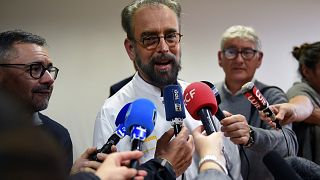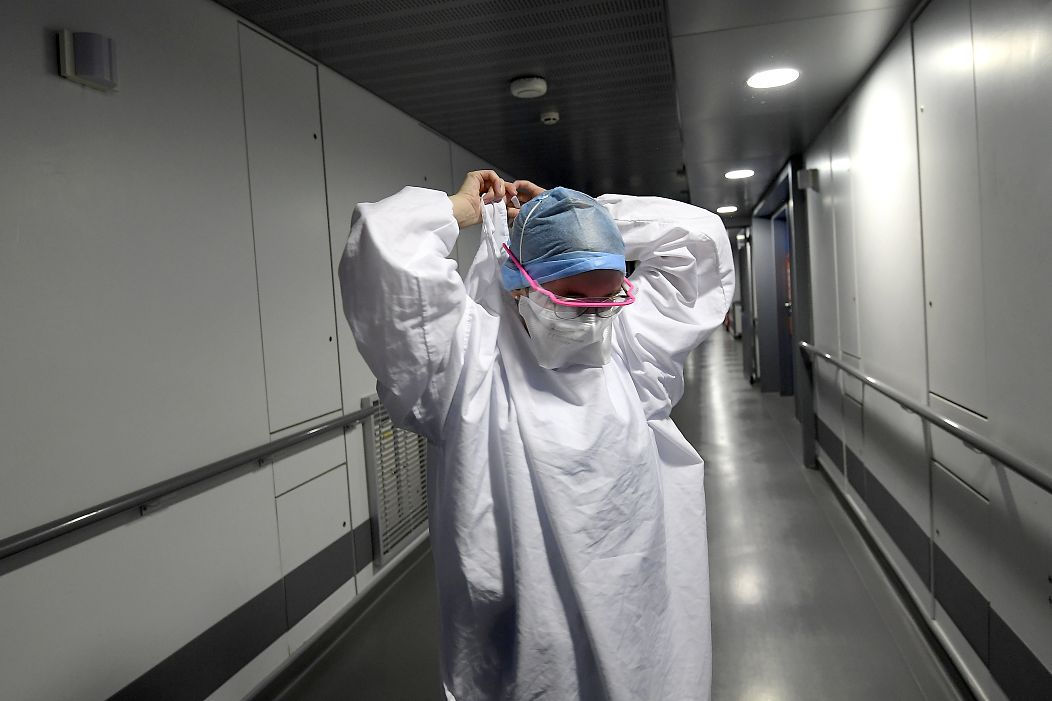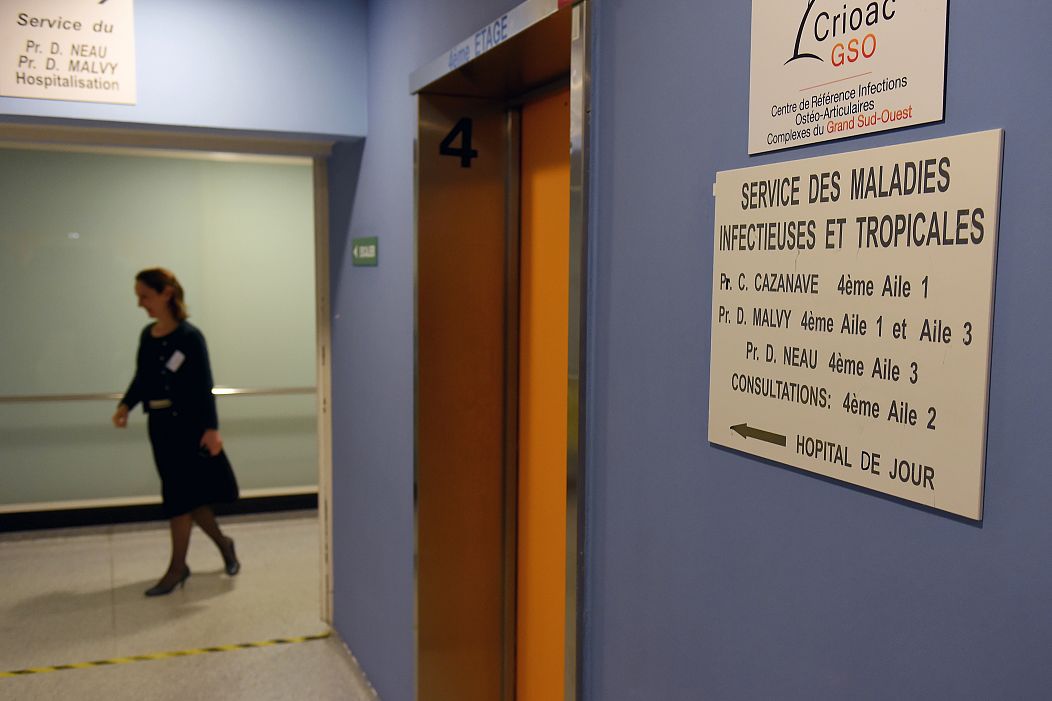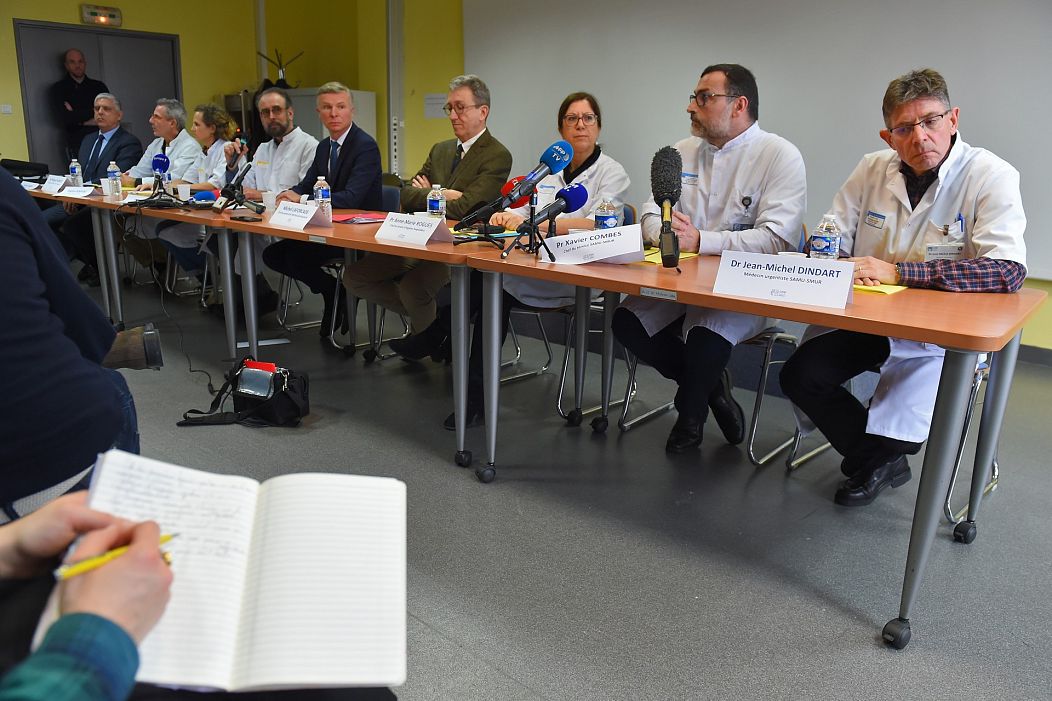Europe’s patient zero: Meet the French doctor who treated the continent’s first COVID-19 case
January 24, 2020, is burned into the memory of French doctor Denis Malvy — it’s the day a man under his care tested positive for COVID-19 and became Europe’s “patient zero”.Head of tropical diseases at Pellegrin University Hospital (CHU) in Bordeaux, Professor Malvy told Euronews about how he and his team recognised the telltale symptoms we have now come to associate with the virus, the anxious wait as they sat by the phone before the results came in and how, one year on, the patient returned to mark the anniversary.


Prof Malvy answers questions at a press conference in Bordeaux. January 27, 2020 – Copyright NICOLAS TUCAT/AFP


